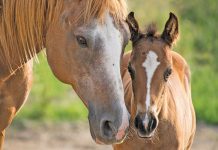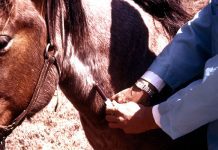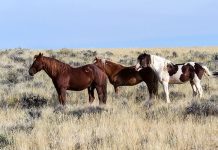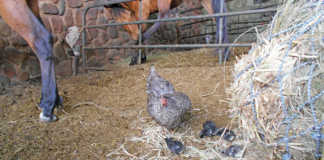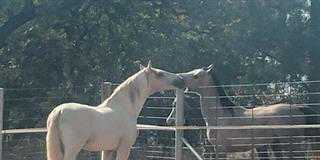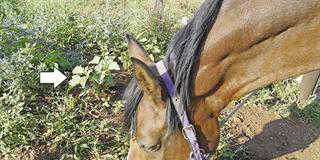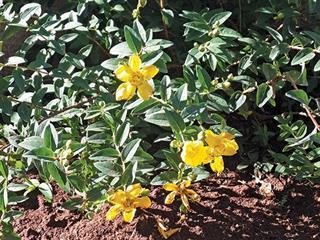
As discussed in my previous column, equine lymphangitis is an inflammation or swelling due to impairment of the lymphatic system. It has many potential causes, and can appear in horses that receive near-perfect care. The best advice is: act quickly if your horse has a hot, swollen leg. Do not assume that it will go down on its own in a few days. You may be dealing with lymphangitis.
Having said that, a ‘big leg’ might be due to one of the following reasons:
Glanders: This is a contagious, often fatal bacterial disease. It is uncommon in SA, however.
Epizootic lymphangitis: This form of lymphangitis is caused by the Histoplasma farciminosum fungus. It affects the skin, lymph vessels and lymph nodes of the limbs and the neck. It can be contracted through a small wound, or by transmission from biting insects. Anti-fungal drugs and surgical removal of the infected nodes are the only known treatments.
Sporotrichosis: This is caused by the Sporothrix schenckii fungus, which hides in plant material and usually infects wounds. Soft swellings become hard nodules that eventually rupture, producing small abscesses and crusts.
Cellulitis: An infection of the soft tissues, this occurs in horses following some sort of local trauma, especially wire cuts on the limbs. It can spread to the bone and tendon sheaths, making it difficult to treat. Sometimes, it spreads within the soft tissues in the lower limb, resulting in a swelling similar to that produced by lymphangitis.
Septic arthritis: Here, the joint capsule becomes infected, sometimes inducing swelling throughout the limb. The condition affects young horses.
Equine distemper: Also known as ‘pigeon fever’, this is caused by the Corynebacterium pseudotuberculosis bacterium. Along with fever, lethargy and colic symptoms, it typically causes soft oedema in the chest region, giving the horse a pigeon-chested appearance.
Infections: Skin infections such as ringworm and rain rot (Dermatophilus congolensis) can result in an enlarged, stiff limb.
Blend garlic, elecampane, Echinacea, stinging nettle, yarrow, kelp, violet leaves, fenugreek, horsetail, red clover, clivers and rosehips along with Bach Flowers’ Crab Apple and Rescue Remedy. This powerful herbal blend will cleanse the blood, boost the immune system, and promote circulation in the lower limb.
If you are in any doubt, always consult a professional. Prompt action will help prevent further infections.


